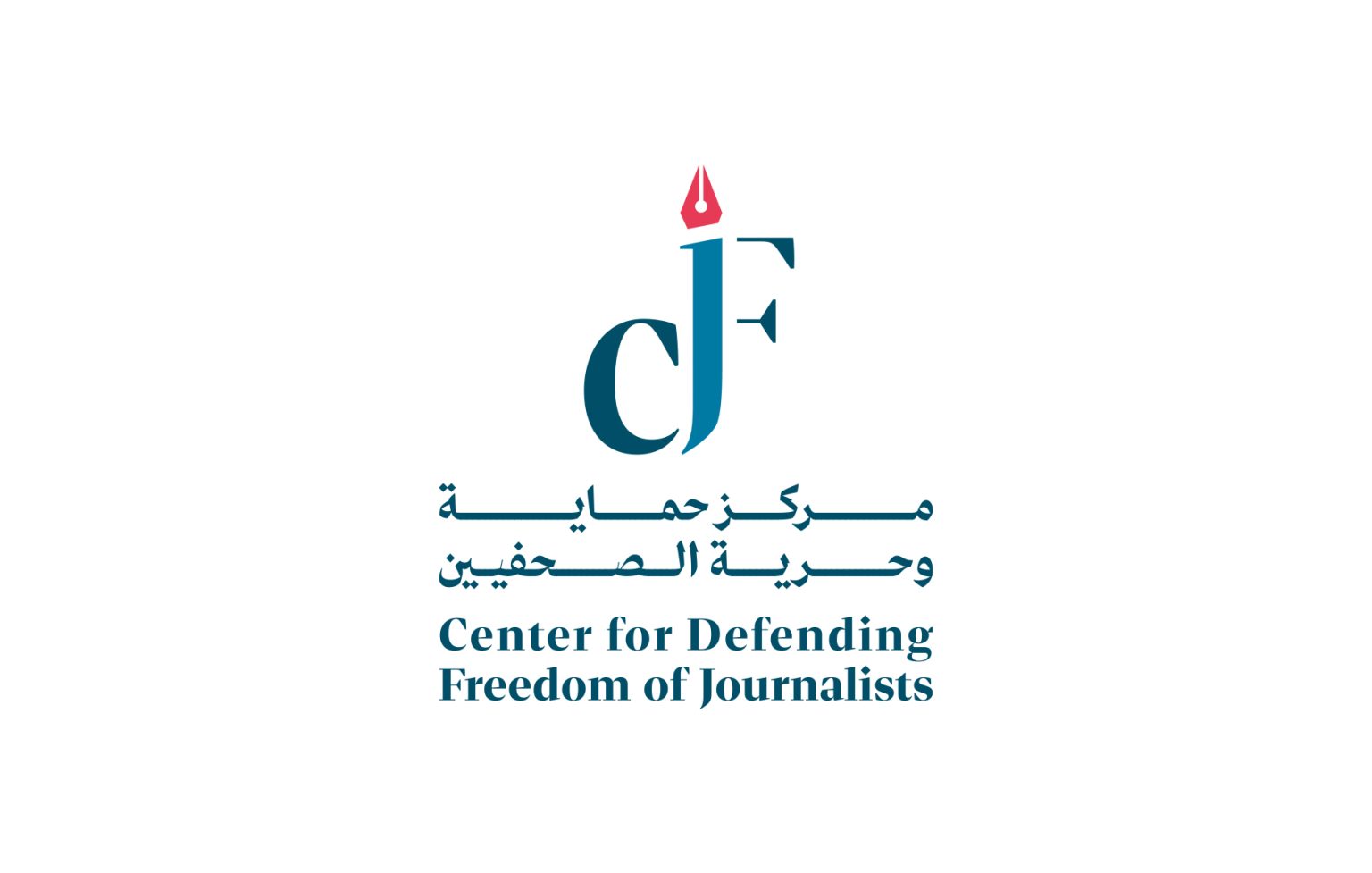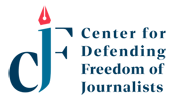
First Framework: Protection
Through this framework, the Media Freedom and Protection Center implements programs and projects to build mechanisms for protecting freedom of expression and the media in the Arab world. This includes enhancing the legal and legislative culture for journalists, human rights defenders, social media activists, and influencers, providing legal aid to them, and monitoring violations they face.
This framework includes implementing programs, projects, and activities to:
- Develop the legal culture of journalists, human rights defenders, and social media influencers, and enhance their abilities to deal with legislation that restricts freedom of expression and the media.
- Develop the capacities of legal professionals and lawyers specializing in defending freedom of expression and the media.
- Provide legal assistance and support to journalists, media institutions, and defenders of freedom of opinion and expression.
- Draft proposals for legislation governing freedom of expression and the media, and legislation imposing restrictions on freedom of expression.
- Strengthen the principle of the rule of law and fair trials in cases related to freedom of expression and the media.
- Enhance the capacities of judges in matters related to freedom of expression and the media.
- Strengthen the role of the judiciary in protecting freedom of expression and the media.
- Reduce violations against journalists and human rights defenders in both public and private spaces.
- Hold perpetrators of violations against freedom of expression and the media accountable through local and international legal mechanisms.
Second Framework: Empowerment
The Media Freedom and Protection Center seeks to build and develop the professional capacities of journalists, social media activists, and defenders of freedom of expression in the Arab world through this framework. The aim is to enable them to access information, enhance their digital security, and protect their online rights, as well as support independent media in delivering professional content.
This framework includes implementing programs, projects, and activities to:
- Continuously develop the professional skills of journalists.
- Support and encourage media specialization.
- Support media for development.
- Enhance journalists’ abilities to use modern technology tools.
- Protect the privacy of journalists, human rights defenders, social media influencers, and their work online through training in secure communication techniques and anti-censorship measures.
- Promote digital safety for journalists, media outlets, human rights defenders, and social media influencers through capacity-building training related to protecting their rights online and in the digital space.
- Empower the practical professional skills of journalism and media students.
- Support independent media in providing professional content.
- Enable journalists to access information and decision-makers.
- Enhance opportunities for dialogue and cooperation between Arab and foreign journalists and media exchange programs.
- Raise the awareness of journalists and social media influencers about human rights and build their capacities for writing and production in the fields of human rights and sustainable development.
- Engage journalists, human rights defenders, and social media influencers in advocating for gender integration and gender equality issues.
- Build the capacities of civil society organizations in digital security and the use of secure communication techniques and anti-censorship measures.
Third Framework: Change
Through this framework, the center aims to leverage its extensive experience in media and human rights to enhance partnerships and networking with civil society organizations in the Arab world. It also seeks to support institutions, partners, and stakeholders in integrating media into their various methodologies. Additionally, the center aims to strengthen work on international human rights mechanisms and achieve sustainable development goals in partnership with civil society organizations, national institutions, governments, and international organizations.
This framework includes implementing programs, projects, and activities to:
- Assist civil society organizations and active stakeholders in integrating media into their programs and projects by developing their media strategies and fact-based advocacy strategies through social media platforms.
- Network with civil society organizations and build their capacity to use international human rights mechanisms.
- Develop the capacity of civil society organizations to monitor and document human rights violations.
- Support and bolster alliances and networks that promote and protect human rights and contribute to achieving sustainable development goals.
- Publish reports and studies that monitor the state of human rights and countries’ commitments to international human rights mechanisms.
Forth Framework: Advocacy
Through this framework, the center aims to create a supportive environment for freedom of expression and the media in the Arab world by advocating for policymakers and legislators to adopt policies and laws that align with freedom of expression and press standards. The center also seeks to collaborate with advocates through membership in local, regional, and international networks and alliances to improve the civil space for journalism and freedom of expression.
This framework includes implementing programs, projects, and activities to:
- Publish reports that monitor and document the state of freedom of expression and the media in the Arab world.
- Analyze the legislative and legal environment related to internet access, online human rights, and countering online censorship.
- Develop studies and research on best technological practices, the current state of countering online censorship, and improving anti-censorship and secure communication methods.
- Encourage governments to adopt more open policies toward press freedom and work with parliaments to review and pass legislation that protects freedom of expression and aligns with international standards.
- Enhance communication between the media, legislators, judges, civil society organizations, and various community sectors to create a better environment for freedom of expression and the media.
- Involve youth and women in efforts to defend freedom of expression and the media.
- Strengthen the role of community activists and creatives in advocating for freedom of expression and the media.
- Integrate concepts of freedom of expression and the media into educational curricula.
- Build networks and alliances that promote freedom of expression and the media at the regional level.
The “Future of Media and Communication Forum” is a diligent effort by the Center for Protection and Freedom of Journalists to explore the emerging and evolving image of media. The media landscape that people have known over the past decades is facing crises and its role is diminishing, with some believing that it is on the brink of decline.
Amid the challenges of the present and the stakes of the future, the forum aims to envision the forms and tools of media and communication during its sessions.

